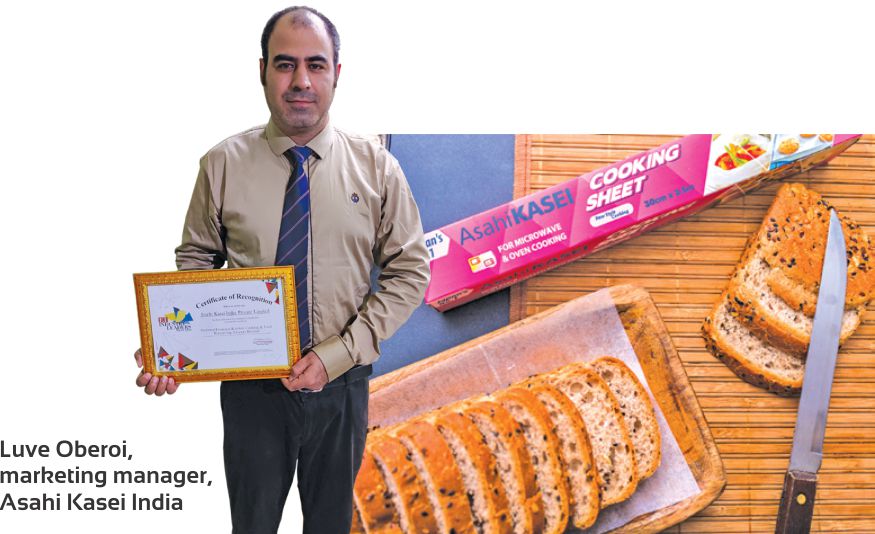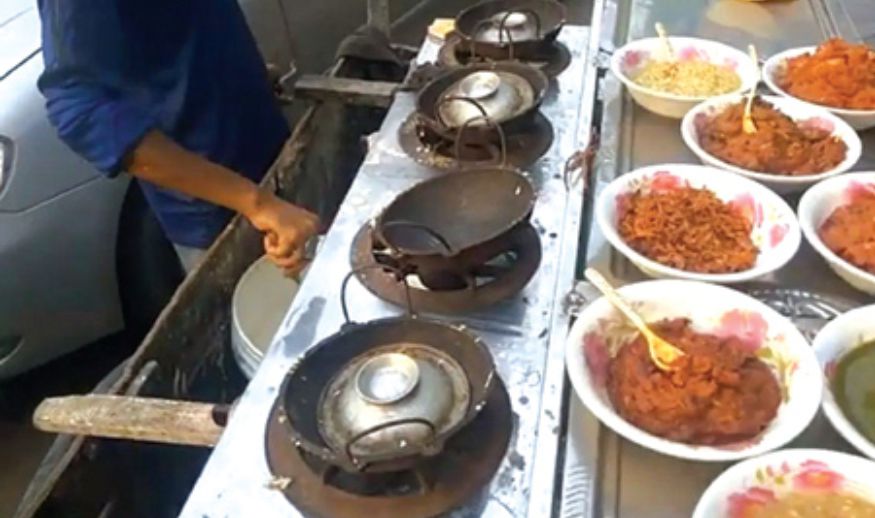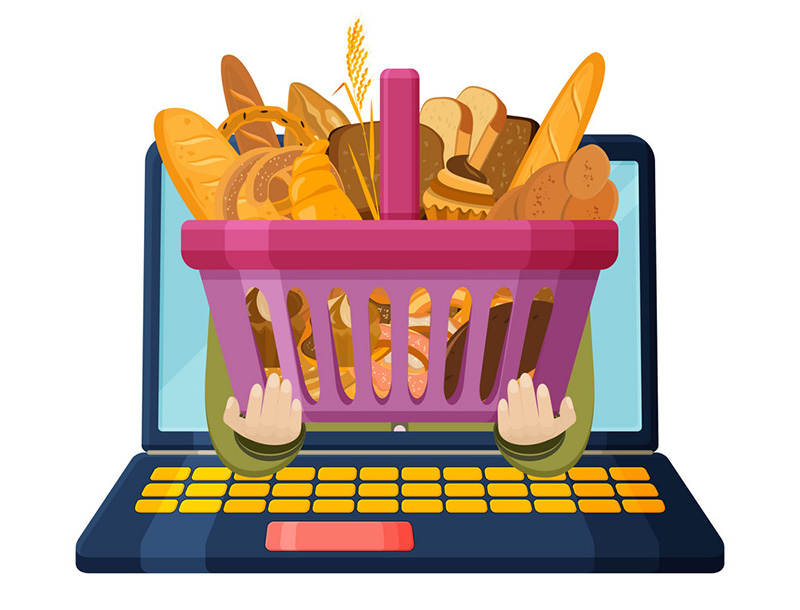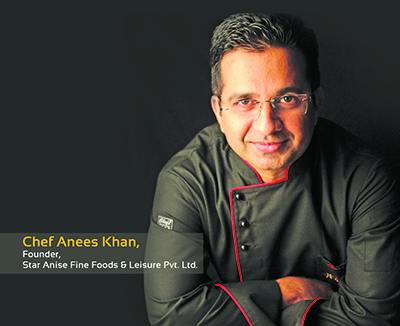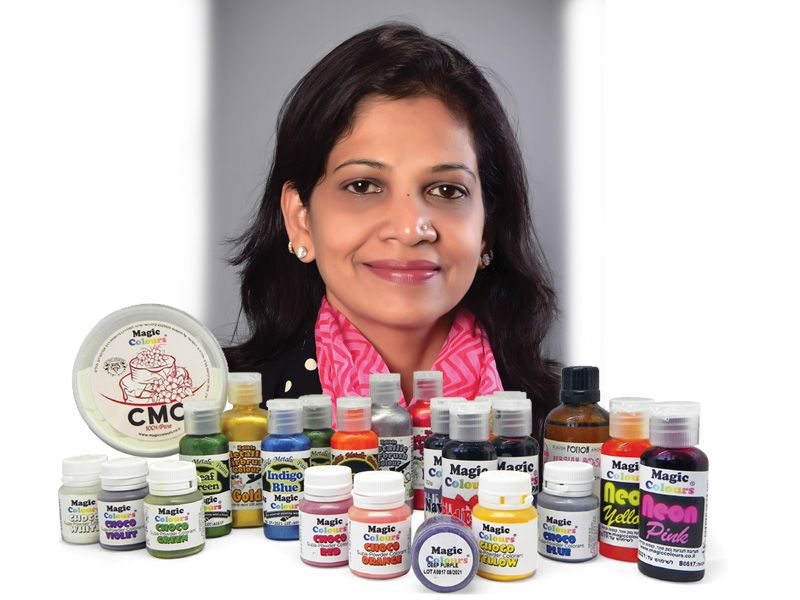BakeryBiz, Sept-Oct, 2018
Santosh Desai, who examines the contemporary Indian society from an everyday vantage point in his blog writings, delineates the joy of chocolate.
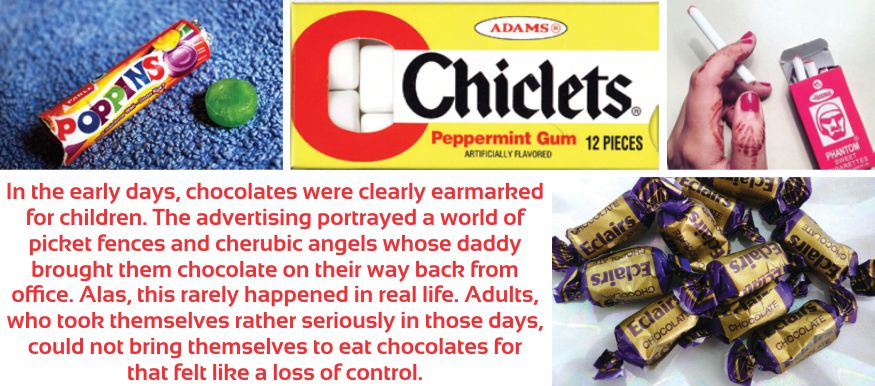
Come festival time, and the boxes of gifted goodies start piling up. Dry fruits and various local mithais have always been the staple, but in the last few years, some new entrants have found their way into this hallowed category. None is more remarkable than chocolate, which is now routinely classified as a naturalized mithai and included in the list of acceptable gifts at Diwali time.
The abundant availability of chocolate is a big change from an earlier time. Among the many unattainable fantasies that one nurtured while growing up, a particularly tantalizing one was the prospect of being able to consume a full bar of chocolate. All 12 little squares of chocolate only for me. None of that sharing rubbish, or worse the handout nonsense, where someone superior and generous condescended to dole out a little piece or two. Of course, that did not mean that gift horses were looked in the mouth- far from it, those pieces were savoured slow and long, but the fantasy remained. The gold standard was the full bar of milk chocolate, which could only imagined in slow motion to the soundtrack of something suitably imperial.
To a young child then, the journey to a proper bar of chocolate was paved with many milestones. The journey started with Poppins, which were available in relative plenty. Colourful and full of flavour which at the time, seemed very real, Poppins were an entry ticket into the world of sweets. Boiled sweets and toffees were next- these were again not difficult to come by. They were good substitutes for change, which was always in short supply, and besides elders could be counted upon to pass on these currencies of packaged affection to children from time to time. These were nothing more than a flavoured form of sugar, but that was good enough. Then there were the ‘novelty’ products- the Phantom cigarette, the Whistle-pop and the like. These were fun options, not the most delicious ones, but they served their purpose. Chiclets was the chewing gum of choice, and here too a full packet was at a premium. In times of real need, Vicks cough drops or Halls Mentholyptus stood in as default confectionery.
Things got serious with chocolate éclairs, for these marked an entry into the world of chocolates. The toffee bits were rendered more enjoyable with the knowledge that a climactic swirl of chocolate was to languidly unspool in one’s mouth. The waiting was exquisite and the chocolate melt divine. Éclairs were relatively inexpensive, and packed in a lot of oomph for their size.
In the early days, chocolates were clearly earmarked for children. The advertising portrayed a world of picket fences and cherubic angels whose daddy brought them chocolate on their way back from office. Alas, this rarely happened in real life. Adults, who took themselves rather seriously in those days, could not bring themselves to eat chocolates for that felt like a loss of control.
With time, and aided by some clever marketing, came the freeing of the senses, that letting go of a presumptive feeling that giving in to any impulse was bad, and adults entered the world of chocolate consumption. Desire which was seen to be the enemy of middle class stoicism, became more legitimate and pleasure could be indulged in without the accompanying paralysis of guilt.
As a result, it manages to straddle several completely opposite worlds. It lives in the innocent world of fairy tales and birthday parties while also being able to deliver sin liquefying with exquisite slowness. The adult world of chocolate is the closest we can get to vivify the idea of naked desire. Chocolates combine the bitter with the sweet, reminding that the most exquisite form of pleasure must deliver with it, dollops of pain. Like ice cream the pleasure lies in the melting, in the taste of slow motion.
The seductive power of chocolate comes from its ability to meltingly combine different notes of pleasure. It is sweet, undeniably, but not cloyingly so. The bitterness lends a naughty undercurrent to the sugar, and the creaminess fills the mouth in a way that sin was originally designed to. That the mouth is a site of erotic yearning is a fact that chocolates manage to bring home with graphic intensity. Chocolate makes one feel good by being just that wee bit bad. It triggers desire of many kinds which it is able to single-handedly satisfy. A craving for chocolate is the need for the senses to be slavishly attended to. Consumption is a hot, messy affair, caught up in the immediate and allconsuming nature of desire that must be answered.
Given its sensuous nature, adult consumption of chocolate in India needed to be legitimized. One way of legitimizing adult consumption was to locate it within the ambit of tradition, by reincarnating it as a mithai, in a sanskari version of itself. On the face of it, the two lived in different cultural universes, but thanks to our cultural malleability, which is able to attach that meaning to a pleasurable activity that would legitimize its consumption, this clever reconciliation was accomplished.
Arguably, something is lost when this happens. When we start using standardized, homogenised products sold globally to mark events that hum with a deep sense of time and tradition, and stop favouring food that specifically marked the occasion, we erase a fragment of our past. But then, this is a process that began earlier, when traditional homemade sweets specific to the festival were replaced by bought out sweets of a more general kind.
There are many more exotic options available today, as more chocolatiers bring their magic to India. The good news about chocolates is that the intensity of pleasure that it evokes does not diminish with time. There is no need to be nostalgic about chocolate when a full bar awaits our pleasure right now.
(Santosh Desai is a leading ad professional. He writes a blog City City Bang Bang, ToI)



